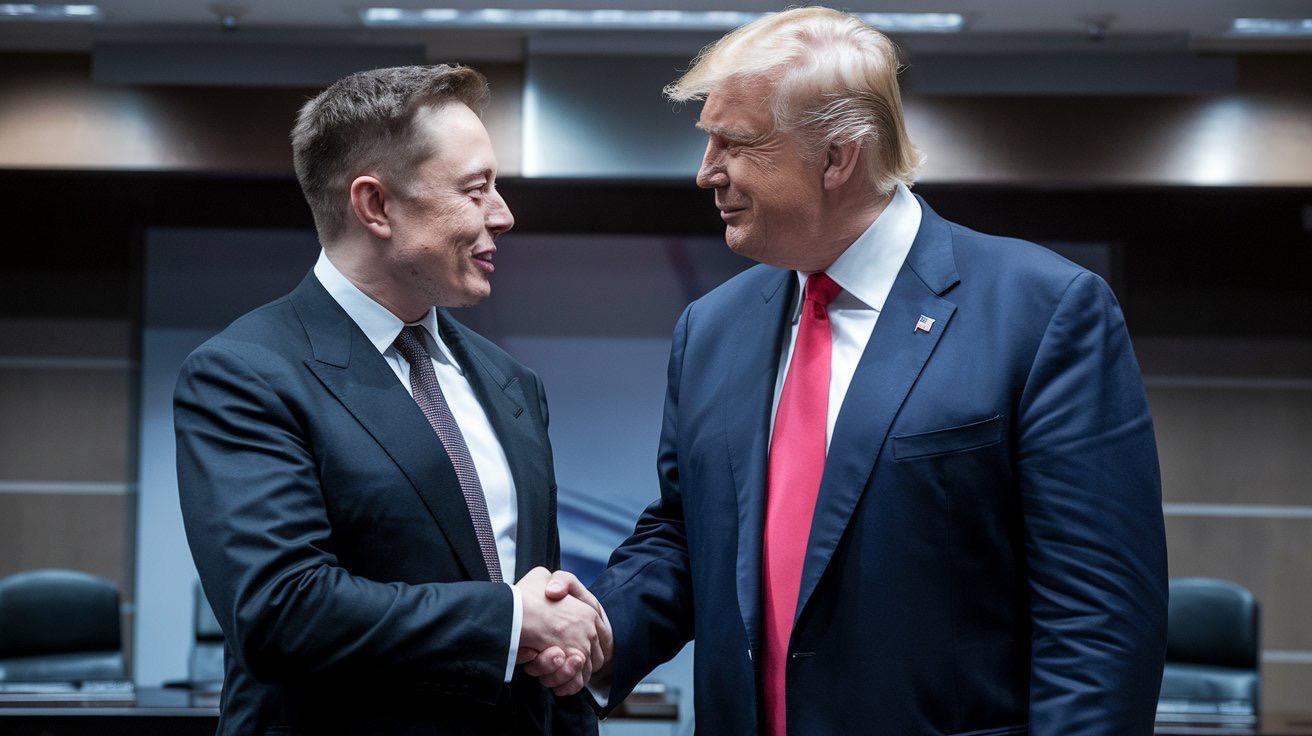Welcome back to the channel! Today, we’re exploring a big question on many minds: what would happen if Donald Trump won the 2024 election? This would be Trump’s second comeback after an intense and divisive campaign season. What would it mean for the economy, immigration, and other issues? The 2024 election is set to be one of the most polarizing in recent history, with around 74% of Americans saying the country is headed in the wrong direction. Many voters feel things aren’t working under the current administration. Trump has tapped into this sentiment, pushing for what he calls the “good old days” of his first term. A win for him would reflect a desire for change, but it would also mean more tension and polarization within the U.S.
Let’s talk about the economy, which is a core issue for Trump’s campaign. While inflation has dropped under Biden, and job growth remains steady, many voters still believe the economy is struggling. Trump’s campaign highlights these perceptions, promising to restore American jobs and industries. If he wins, we can expect tax cuts, deregulation, and initiatives focused on domestic manufacturing. However, economists have warned that these policies could also add to the national debt. For some, this is a small price to pay; for others, it’s a serious concern.
Immigration would see major shifts under a second Trump administration. Trump has promised to enforce strict immigration policies, including mass deportations and heavy border enforcement. His stance has worried immigrant communities, including undocumented Irish and Hispanic populations, who fear increased deportations. Another notable proposal includes the death penalty for crimes against law enforcement, further intensifying his stance on law and order.
Social issues, especially gender rights, have also played a significant role in Trump’s campaign. His stance on transgender rights has sparked intense debate, especially as his campaign pushes ads claiming the left has gone too far. This could lead to policies limiting transgender rights and potentially redefining gender laws. Additionally, Trump’s repeated face-off against a female candidate raises questions about the role of gender bias in politics, with potential implications for gender equality initiatives across the country. For those worried about another Trump term, moving to Canada has become a trending topic. Google searches for “move to Canada” recently spiked by 68%, but it’s not an easy option. Canada has specific immigration pathways, like the Express Entry for skilled workers or Provincial Nominee Programs, which require certain qualifications. So while it’s doable, it requires planning and patience.
One of the most lasting impacts of Trump’s presidency would be his influence over the judiciary, particularly the Supreme Court. During his first term, Trump appointed three justices to the highest court, shifting its balance toward a more conservative stance. If he wins again, we can expect more judicial appointments, especially to lower courts, which could affect everything from voting rights to healthcare. Trump’s judicial picks are likely to lean heavily conservative, focusing on issues like abortion, gun rights, and religious freedoms. The future of Roe v. Wade, for example, could be in jeopardy, with further attempts to restrict or overturn the decision. Additionally, his influence could also extend to other key rulings, with conservatives potentially gaining more ground on issues like LGBTQ+ rights and campaign finance.
Trump has often prioritized military strength, and if he wins a second term, we can expect defense spending to remain high. During his first presidency, he pushed for significant increases in military budgets and a more aggressive stance on national security. If he returns to office, expect continued investments in military modernization, particularly in areas like nuclear weapons, advanced technologies, and cybersecurity.
Trump’s approach to national security has often involved an “America.
First” mentality, meaning less reliance on international alliances and more focus on unilateral military action when necessary. This could lead to a higher risk of conflicts, especially in areas like the Middle East and the Indo-Pacific, where U.S. interests are challenged by countries like Iran, China, and North Korea. Trump’s stance on NATO and other international defense pacts might continue to cause tension with allied nations, potentially affecting global security.
So, what happens if Trump wins? We can expect a dramatic shift in U.S. policies on everything from the economy and immigration to social issues and foreign relations. The next four years could reshape America’s future, for better or worse. Let me know what you think in the comments below. Would a second Trump term be a game-changer, or would it be a step backward? If you enjoyed this breakdown, hit that like button, subscribe for more content, and I’ll see you next time!






One thought on “Trump Victory: What’s Next for America?”
Comments are closed.